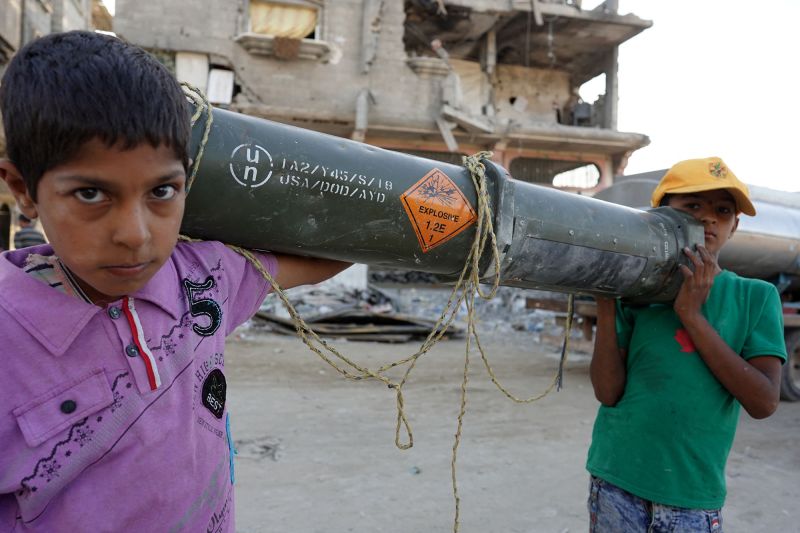The majority of Israel’s weapons are supplied by a network of global and local sources. Notably, the United States significantly contributes to Israel’s defense capabilities, forming a key partnership that has endured for several decades. Apart from this, Israel also depends on its own local industries for its weaponry.
Starting with the United States, they are widely known for their substantial military aid to Israel. The two countries share a unique bond built on various tenets, including political, cultural, and strategic factors. The U.S. has consistently provided funding, weapons, and technology to Israel since the 1960s. The U.S. Foreign Military Financing (FMF) program is the primary channel for this funding, providing grants that Israel can spend on American-produced weaponry and technology.
Under the U.S.-Israel Memorandum of Understanding (MOU) on security assistance, the U.S. committed $38 billion to Israel’s military funding from 2019 to 2028. This assistance largely involves supplying state-of-the-art weaponry, including F-35 fighter jets, missile defense systems, and armored vehicles. Furthermore, the U.S. also grants Israel access to excess defense articles, which make surplus U.S. defense equipment available for Israel’s use.
Moreover, technology transfer between these two countries has been substantial, with several U.S. technologies licensed to Israel’s defense industries. Their military cooperation extends into joint military exercises and intelligence-sharing.
Israel also receives weapons from other countries, albeit on a much smaller scale. For example, Germany has provided Israel with Dolphin-class submarines, and Italy has sold M-346 Master jet trainer aircraft.
However, it’s essential to point out that Israel also has a robust domestic weapons industry, which is considerably self-reliant. With a need to adapt to specific regional threats and circumstances, Israel has stepped up its efforts to develop homegrown defense solutions since its inception in 1948.
Leading these domestic efforts are several Israeli companies such as Israel Aerospace Industries (IAI), Elbit Systems, and Rafael Advanced Defense Systems. These companies specialize in areas such as aerospace, land and naval systems, intelligence and cyber operations. Israeli firms have produced globally recognized systems such as the Iron Dome and David’s Sling missile defense systems, the Merkava battle tank, and unmanned aerial vehicles like the Heron and Harop drones.
To conclude, while the United States remains the most significant supplier of weapons to Israel, other nations and Israel’s own advanced defense industry also contribute to Israel’s






























